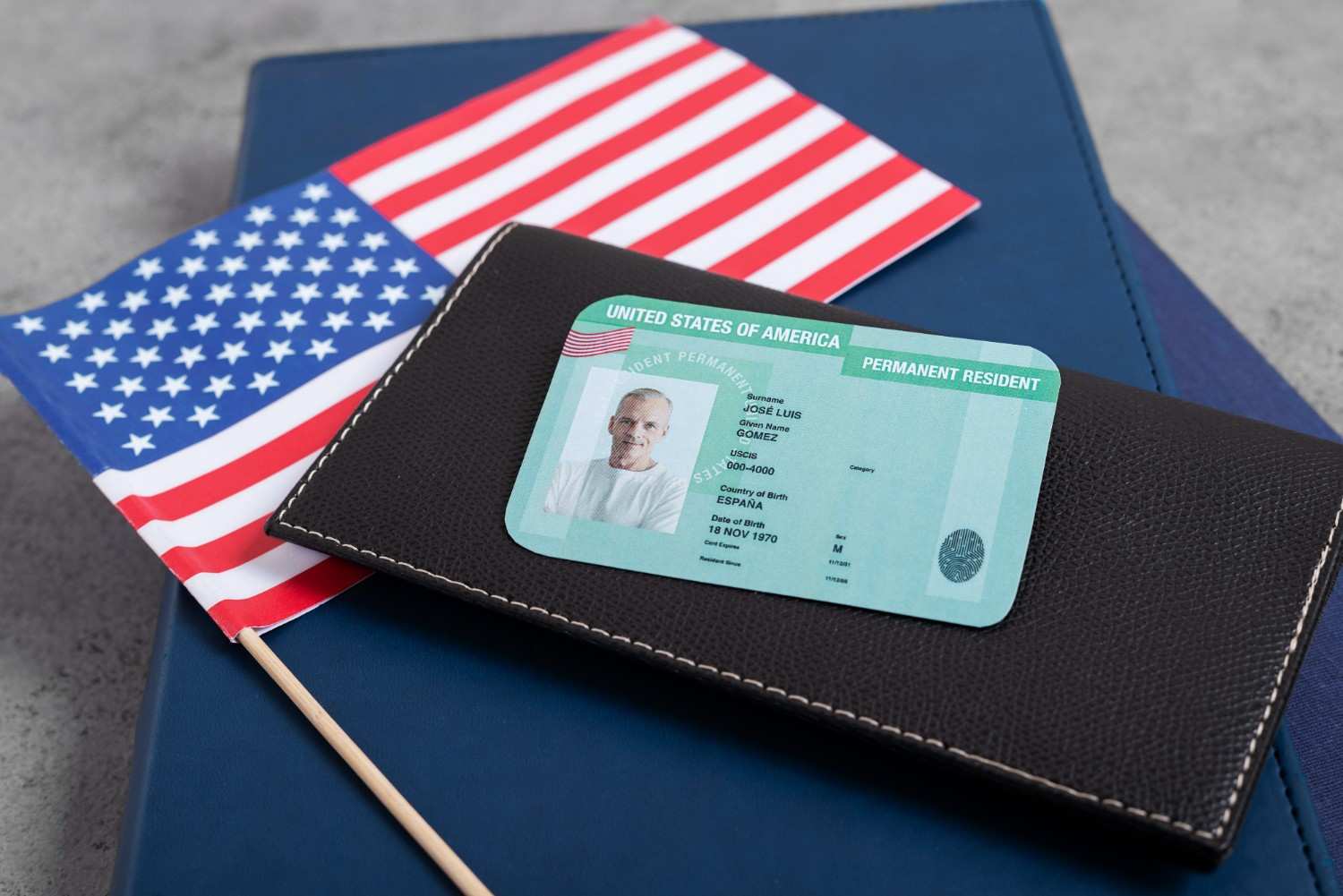A new FOIA lawsuit brought by AILA and the American Immigration Council seeks to uncover why USCIS paused processing of I‑485 adjustment‑of‑status applications for refugees and asylees. Two internal USCIS emails dated March 21, 2025 and April 10, 2025 were produced, revealing the start and partial lift of the suspension. Advocates say thousands are now in limbo without clear guidance or timeline. This article dives into the implications, legal context, and need for legal support.
Key Takeaways
- In March 2025, USCIS temporarily halted all refugee/asylee I‑485 adjudications, citing enhanced vetting.
- On April 10, 2025, an email from the Field Operations Directorate lifted the hold, instructing field offices on cases to process via WDS or interview.
- Filed in June 2025, the FOIA lawsuit demands full agency disclosures about internal communications and implementation guidance.
- Affected applicants and advocates lack clarity on the suspension’s duration, scope, and vetting criteria all key to meaningful legal advice.
Context
The March pause emerged amid broader Trump‑era executive orders mandating increased vetting for newcomers via EO 14157 and EO 14161. Refugees and asylees already undergo rigorous screening before entry, prompting questions about the necessity of new hold policies. Processing backlogs were already severe—USCIS took roughly 14–15½ months to approve 80% of these I‑485s before the pause.
Suspension and Insider Revelations
In March 2025, media reports later confirmed by DHS revealed that USCIS had suspended adjudication of all I‑485 applications submitted by asylees and refugees as a “temporary” measure for enhanced vetting. The official internal email dated March 21, 2025, formally announced this hold. The April 10 message signaled a partial resumption of processing via WDS or interviews depending on case type.
The hold was announced quietly, then partially lifted internally; the public remains largely unaware of operational details.
FOIA Fight for Transparency
On April 8, 2025, the Council and AILA served FOIA requests for internal communications, directives, and guidance documents regarding implementation of the suspension. As of late June, no documents were released, prompting a lawsuit filed June 24, 2025 in the D.C. District Court to compel disclosure.
Advocacy groups turned to litigation after months of nonresponse, seeking key documents to clarify policy and implementation.
Why It Matters – Impact on Individuals
Thousands receiving work, travel, and legal benefits tied to green card approval—now face extended delays. The suspension interrupts lives, disrupts family unity, and adds legal uncertainty where none existed before.
Delay worsens already long backlogs and undermines refugees’ and asylees’ rights to stability and due process.
Legal Aid & the Role of Immigration Attorneys
Access to detailed internal guidance is essential for legal counsel to advise clients properly. Attorneys need to know:
- Which nationalities or case types are impacted
- Whether interviews are required
- How “additional vetting” is defined Without access, clients cannot understand timelines or prepare responses. The FOIA suit aims to unlock this critical information—and attorneys must be ready to respond once documents surface.
Legal professionals are pivotal in interpreting new vetting rules and guiding affected applicants once enforcement specifics emerge.
Conclusion
The FOIA litigation spearheaded by AILA and the Council marks a crucial step toward government transparency. The two disclosed emails confirm a temporary hold and partial resumption—but key questions remain unanswered. A ruling forcing disclosure could reveal how the suspension was implemented, who was affected, and the criteria governing next steps. For asylees and refugees stuck in limbo, the outcome may bring much-needed clarity and path forward.
Frequently Asked Questions (FAQs)
What exactly was suspended?
USCIS paused final adjudication of I‑485 adjustment‑of‑status applications filed by refugees and asylees in March 2025.
How long did the suspension last?
The suspension began with a March 21 internal memo and was partially lifted on April 10; however, full resumption and case handling policies remain unclear.
What does “additional vetting” entail?
No public details exist yet; the FOIA lawsuit seeks documents explaining the extra screening protocols and criteria.
Who is affected by the suspension?
Refugees and asylees filing Form I‑485 for green cards—whose applications are now delayed pending further instructions.
What can applicants do in the meantime?
Stay in contact with legal advisors, monitor FOIA lawsuit updates, and prepare for potential WDS‑based or interview‑based processing.
Why is transparency so important?
Applicants deserve due process and predictable timelines. Transparency ensures fairness and enables legal representation to be effective once official guidance is released.
Disclaimer
The information provided in this article is for general informational purposes only and does not constitute legal advice. While we strive to ensure the content is accurate and up to date, it is not a substitute for professional legal consultation. Immigration laws and regulations are subject to change, and their application can vary based on specific circumstances. We recommend scheduling a consultation with us to obtain advice tailored to your individual situation. The authors and publishers of this article are not responsible for any actions taken based on the information provided herein.
If you need Consultation, please visit our website https://wasden.law/
Authors: Jonathan Wasden & Justin Rivera, Immigration Attorneys
How useful was this post?
Click on a star to rate it!









